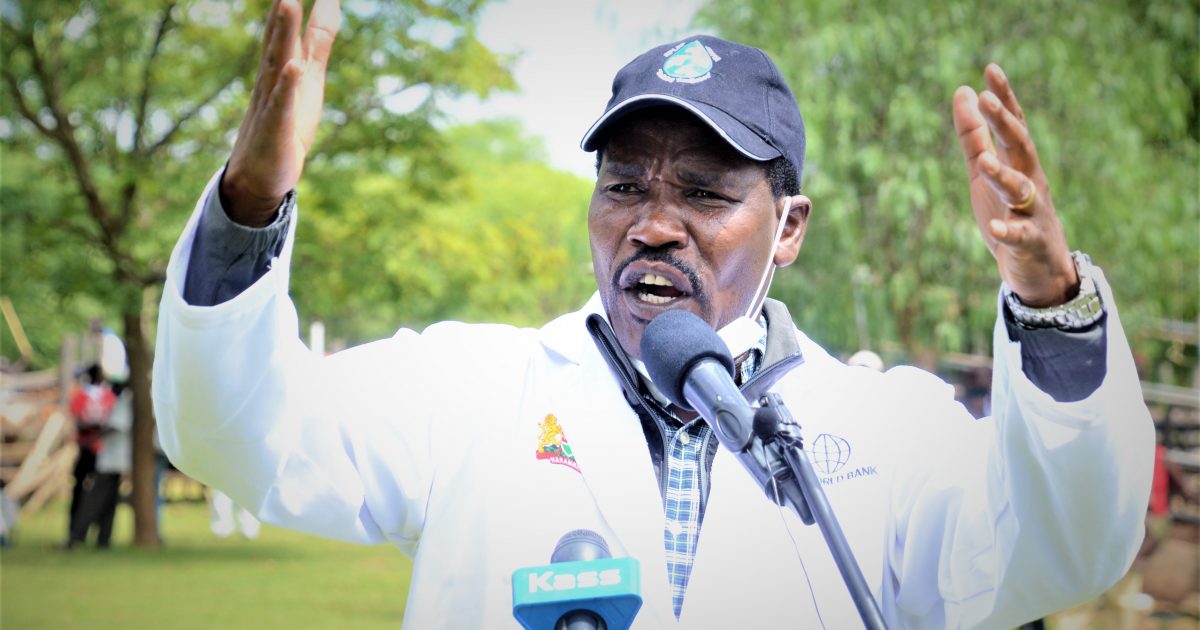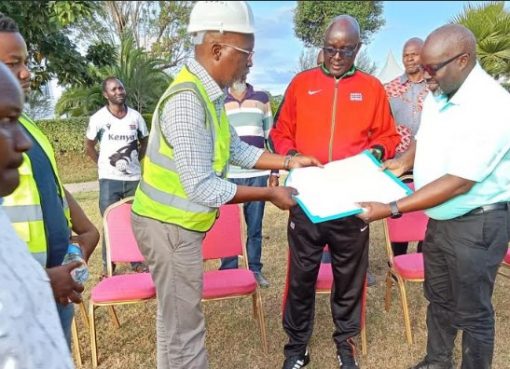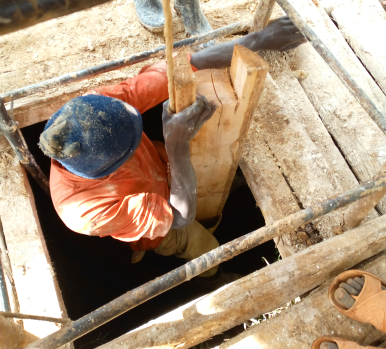The government will supply close to 2 million seedlings of underutilized fruits to farmers in 17 counties in an effort to promote the country’s food and nutritional security.
The Agriculture Cabinet Secretary (CS), Peter Munya said 781,800 fruit-tree seedlings are set to be supplied in the first phase with plans to increase the numbers in the coming months.
Speaking at KARLO farm in Naivasha before flagging off vehicles ferrying the seedlings, Munya said that the seeds will include those of tomato, underutilized fruits and cocoa seedlings.
He explained further that the underutilized fruits will comprise of guava, jackfruit, pomegranate, custard apple, sour soup, loquat, gooseberry, blackberry, raspberry, tree tomato, tamarind and java plum.
On tomato seedlings, the CS said that the produce was ranked among the high value horticultural crops in the country accounting for 38.1 per cent of the total value of exotic vegetables.
He admitted that farmers in the country faced many challenges including low yields and lack of certified tomato seedlings which he added that the government was keen to address through the multi-million project.
He said that under the Kenya Climate Smart Agriculture Project (KCSAP), KALRO was expected to supply an additional 514,000 tomato seedlings to farmers in Kajiado, Siaya, Garissa, Elgeyo Marakwet and Mandera Counties.
During the event, the CS announced that KARLO in Partnership with Bear Machines from West Africa had introduced Cocoa plant to farmers where 40,000 cocoa seedlings will be supplied to farmers in Kilifi, Kwale, Taita Taveta, Lamu, Busia, Bungoma, Vihiga, Kakamega, Kisumu, Siaya, Homa Bay and Migori counties.
He added that under the Underutilized Fruit Programme funded by USAID and KALRO will further distribute 227,800 assorted fruits seedlings to 14 counties.
During the event, Munya launched the Kenya Agricultural Observation Platform (KAOP) which is meant to monitor, train and pattern the new produce.
The CS noted that the new App had the capacity to accurately provide information on rainfall in terms of probable amount and time, adding that the technology would also provide data on previous rainy days and predict long term trends as well as long term and current rainfall location plus pests and disease forecasts.
“Accurate weather forecast is a prerequisite for farm planning and production for both producers and consumers,” he said.
The Principal Secretary for Research in the Ministry, Hamadi Boga said research was the basis of good agriculture and innovation and added that there was need to support KARLO in its research efforts which included developing and preserving new genetics as this will lead to an increase in food production.
By Esther Mwangi




